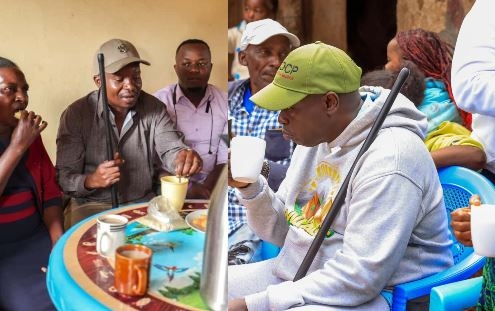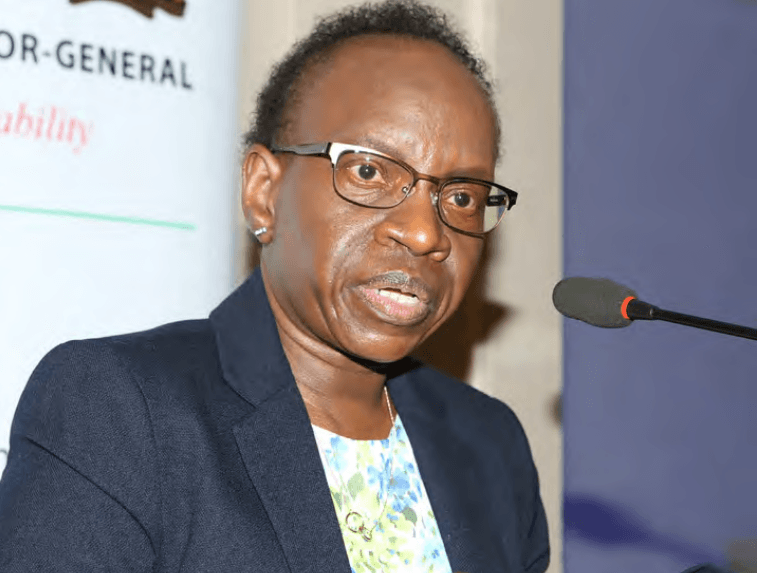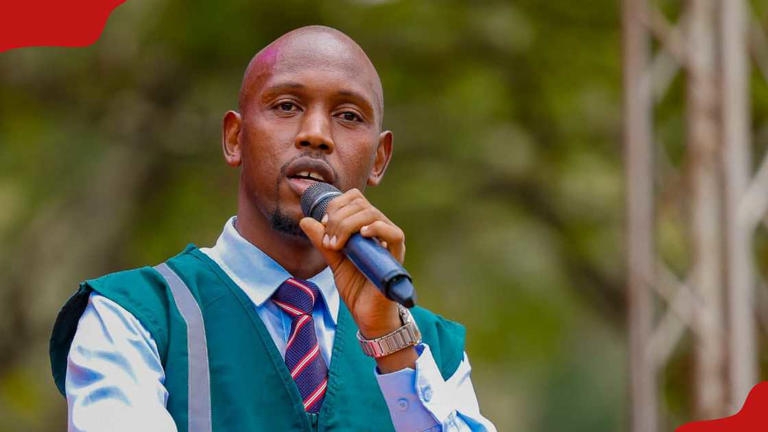Republicans have voted to back Steve Scalise as the next Speaker of the House of Representatives, but it is unclear if he has enough support to win an overall majority in the chamber.
He defeated hardliner Jim Jordan in a private party vote on Wednesday.
Mr Scalise, 58, must now work to unite the divided Republicans and secure the backing of most of its representatives.
Republicans hold a slim majority, meaning he can only afford to lose the support of five party members.
It is unclear when the House will be called back for that vote. A simple majority, 217, is required to win the job.
If he were to achieve that, Mr Scalise would become Speaker and end days of paralysis in the lower chamber of Congress, which began when Kevin McCarthy was ousted by hardliners in his own Republican party.
The party has been plagued by infighting in recent weeks, and seemed unable to reach an agreement on Mr McCarthy's replacement.
The slim margin of Mr Scalise's victory in the closed-door meeting - 113 votes to 99 - highlights the deep divisions within the party, and some lawmakers have expressed scepticism that, even now, he has the votes necessary to secure the position.
Among those still opposing him is Kentucky's Thomas Massie, who told reporters that he is a "hard no", at least in the initial vote, because of disagreements with Mr Scalise on how the budget should be handled.
Mr Massie added that he believed at least 20 other Republicans would also vote against Mr Scalise, significantly more than the five votes he could afford to lose.
Several other Republican representatives, including Colorado's Lauren Boebert, Georgia's Marjorie Taylor Greene and Florida's Anna Paulina Luna, have said they do not intend to vote for Mr Scalise.
Texas Congressman Chip Roy has said he too he is a "hard no" for now because the vote was "rushed" to the floor.
"There are a number of votes that are very much in question for Steve," he said. "I don't think it's a good idea for us to be barrelling towards the floor."
Mr Scalise is the more traditional candidate in this race. He worked his way up through the party's leadership, built a reputation as a formidable fundraiser and tried to build connections to the party's full range of interest groups and constituencies.
Speaking to reporters after the private vote, he said filling the Speaker role was vital in an increasingly "dangerous world".
"We need to make sure we're sending a message... that the House is open," he said.
Jim Jordan was the outsider, who rose to fame with conservative television appearances, bombastic rhetoric and confrontational speeches in committee hearings.
Mr Jordan was also endorsed by Mr Trump, which in the end was not enough to put him over the top.
One of the anti-Scalise Republicans, Texas' Troy Nehls, cited the former president's endorsement as a reason he still planned to vote for Mr Jordan.
"That's what Donald Trump wanted," he said.
Mr Scalise's victory suggests that, when the doors are closed and the ballots are secret, the former president's influence within the party - at least in the House of Representatives - is not as strong as his polling popularity might indicate.

















